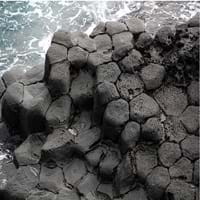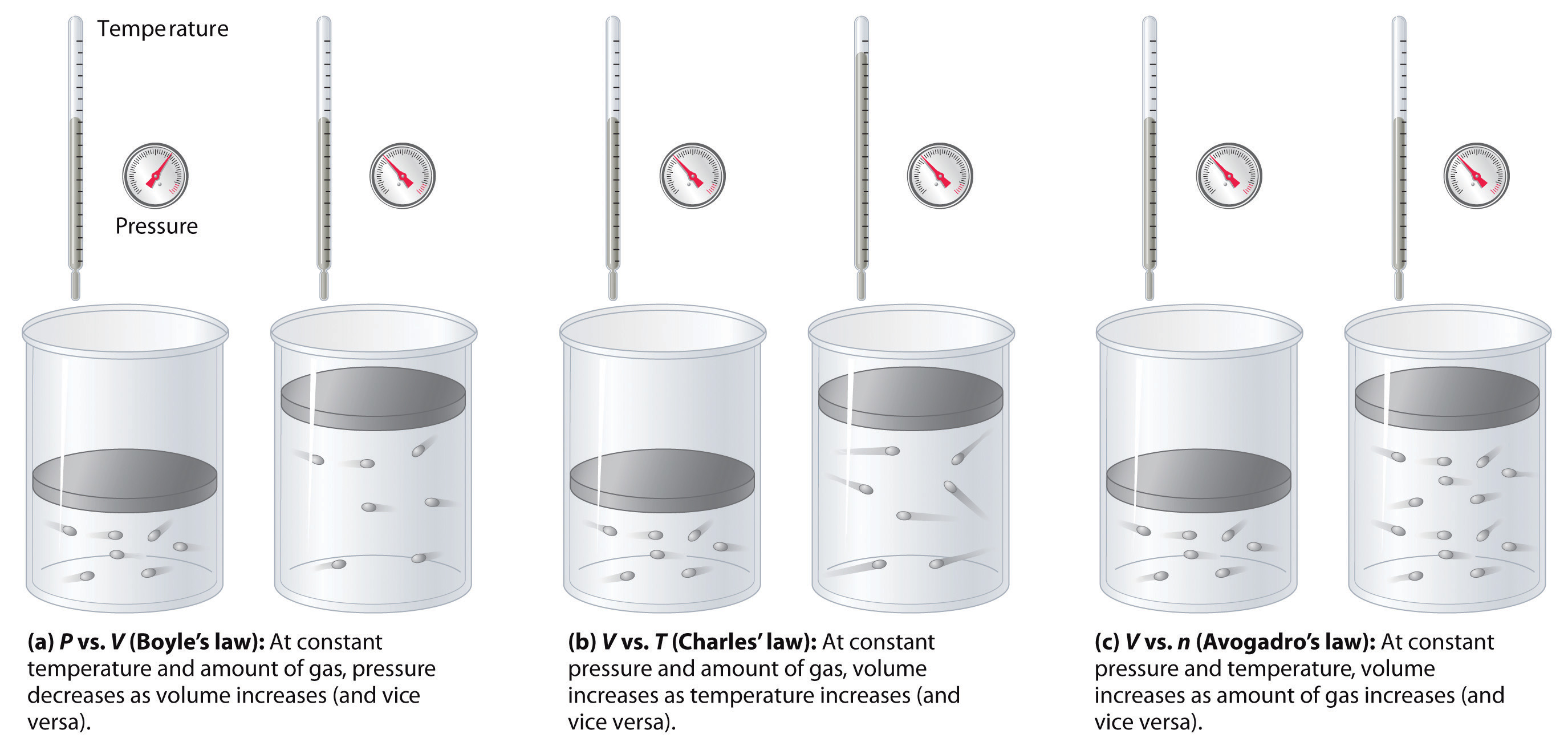Martin
Spam, wonderful spam (bloody vikings!)
That is quite simple Meercat. In an in-animate object, each atom is conscious, though the object as a whole does not have any consciousness. In Living beings, the individual atoms has its own consciousness, but the being as a whole also has its own different consciousness. The consciousness of atom is the universal consciousness, the consciousness of the being is not, it wallows in 'maya'. Take a rock and put it in a reaction, and see the reaction begin. The rock responds in its own way. Why do you want a rock to respond in a human way? Should it talk to you?
Yes, it talks, if you can hear it. I was a geology student. Each stone or rock talks, tells its own history. How it was ground down and came to lie in a sediment or how it was given the hell treatment to turn it into granite, basalt or obsidian.


So atoms are "conscious"? Please explain how you have come to this conclusion.
How do you know atoms are conscious?
Is there any scientific support for this assertion, or is it your personal interpretation of Advaita?
Last edited:

